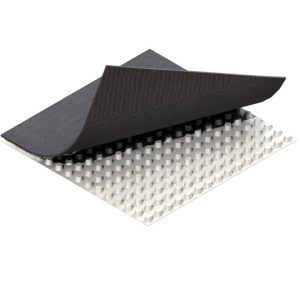Purchasing Oncology-Related Peptides for Research and Therapeutic Applications

# Purchasing Oncology-Related Peptides for Research and Therapeutic Applications
Peptides have emerged as a promising class of molecules in oncology research and therapy. Their unique properties make them valuable tools for studying cancer biology and developing novel treatments. This article explores the key considerations when purchasing oncology-related peptides for scientific and medical applications.
## Understanding Oncology-Related Peptides
Oncology peptides are short chains of amino acids designed to interact with specific molecular targets involved in cancer development and progression. These peptides can serve various purposes:
– Research tools for studying cancer mechanisms
– Diagnostic markers for early detection
– Therapeutic agents targeting tumor cells
– Drug delivery vehicles for precision medicine
## Key Factors to Consider When Buying Oncology Peptides
### 1. Purity and Quality Standards
When purchasing peptides for oncology applications, purity is paramount. Look for:
– HPLC purity ≥95% for research-grade peptides
– ≥98% purity for therapeutic applications
– Certificates of Analysis (CoA) from reputable suppliers
– Proper storage and handling documentation
### 2. Specificity and Target Validation
Ensure the peptides you purchase have:
– Well-characterized targets (e.g., specific receptors or enzymes)
– Published validation data
– Appropriate selectivity for your intended application
### 3. Customization Options
Many suppliers offer customization services for oncology peptides:
– Modifications (acetylation, amidation, etc.)
– Fluorescent or radioactive labeling
– Conjugation to carrier proteins or nanoparticles
– Scale-up options from research to clinical quantities
## Applications in Cancer Research and Therapy
Oncology peptides are used in various contexts:
### Research Applications
– Studying protein-protein interactions in cancer pathways
– Developing assays for drug screening
– Investigating tumor microenvironment dynamics
– Exploring mechanisms of metastasis
### Therapeutic Applications
– Targeted drug delivery systems
– Immune-modulating peptides for immunotherapy
– Angiogenesis inhibitors
– Peptide vaccines against tumor antigens
## Regulatory Considerations
When purchasing peptides for therapeutic development:
– Ensure compliance with GMP standards for clinical-grade materials
– Verify supplier qualifications for pharmaceutical applications
– Consider intellectual property rights for commercial development
– Understand import/export regulations for controlled substances
## Choosing a Reliable Supplier
Select suppliers based on:
– Track record in oncology peptide production
– Technical support and scientific expertise
Keyword: Buy oncology-related peptides
– Quality control processes
– Ability to scale production as needed
– References from other researchers in the field
## Future Perspectives
The oncology peptide market continues to evolve with:
– Advances in peptide engineering and stabilization
– Development of multifunctional peptide conjugates
– Improved delivery systems for enhanced bioavailability
– Integration with other modalities (e.g., antibody-drug conjugates)
By carefully considering these factors when purchasing oncology-related peptides, researchers and clinicians can obtain high-quality materials that advance our understanding and treatment of cancer.


